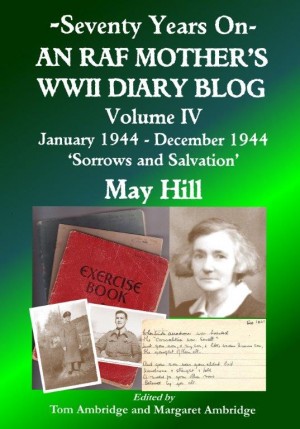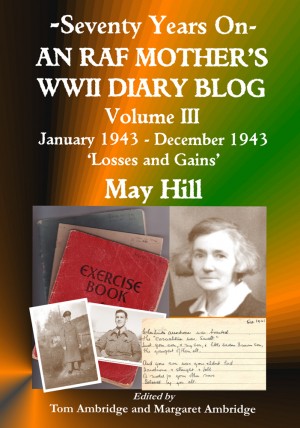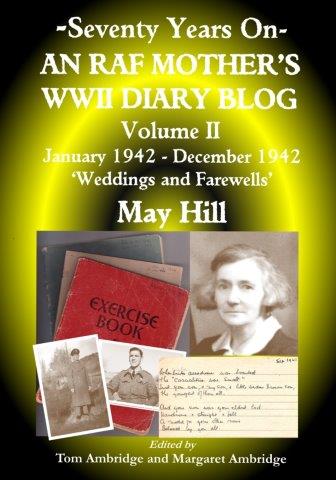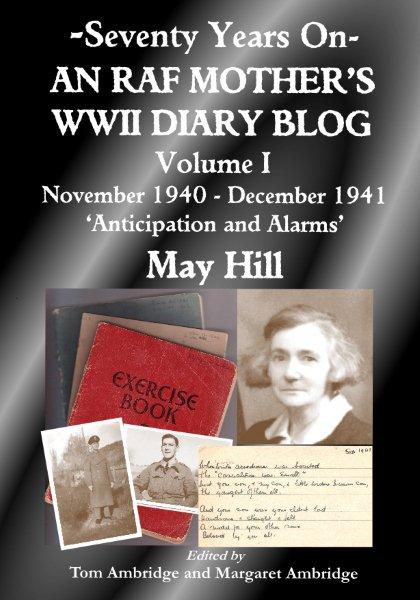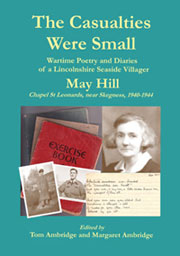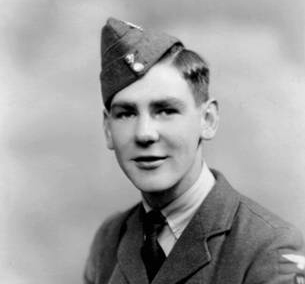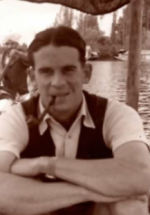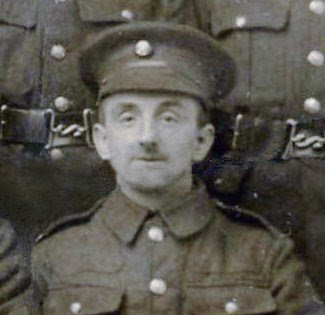A great man walked along our Country road,
From all the cottages we issued forth,
To catch his eye or see him smile,
Or hear him pass the time of day to favoured few.
And now, we say, with bated breath,
He dwells in Palaces and rides in City streets.
He sits at meat as peer with prince and king,
He, whom we saw walk down our village street.
Far greater men walk on our roads, to-day,
Their feet make history as they march in step.
Take care to greet them, smile and speak to all.
Your eyes are holden that ye cannot see
Beneath that uniform of battle-dress,
Full many are in wedding garments clad.
Ere long, their feet shall tread the streets of heaven,
And they shall dwell in Paradise with God.
Yea, they shall live for ever with the King of Kings.
So, in the throng and press of life, draw near to them.
It may be in their garments virtue hides,
That carries healing to the weary, war-worn world.
If we but touch the fringe, we may
Receive the germ of peace and spread it far and wide,
As, in the days of Christ on earth,
The woman touched His garment and was healed.
May’s deep Christian faith is clear from many of her poems. It is also apparent from her writing that she was not in awe of any worldly authority (see, for example, the previous Diary extract: 14 Feb. 1942). It is possible that the ‘great man’ referred to in ‘Ye Cannot See’ was King Haakon who had been evacuated from Norway and had been staying at an inn in Ingoldmells, between Chapel St Leonards and Skegness(see 12 Jan. 1941). Later, General de Gaulle was said to have visited French sailors stationed at Ingoldmells. The ‘far greater men’ were obviously the armed forces recruits who were being trained for their part in the war.
The poem has been added to the poems collection on this site. It also appears in the book The Casualties Were Small which contains over twenty of May’s poems as well as selected diary extracts, including those which suggest the background to each poem, accompanied by many nostalgic photographs.
Have you read an introduction to May Hill & family (includes photographs) and explored ‘The Casualties Were Small’?

